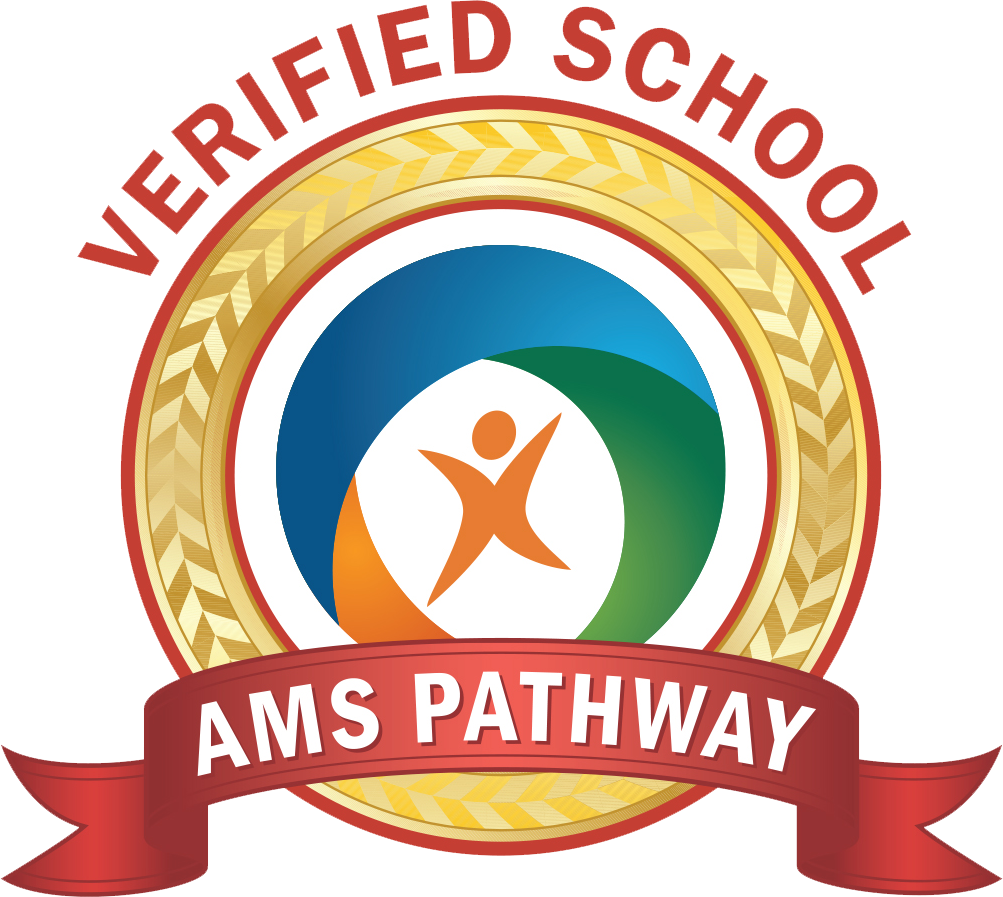Learning from Mistakes: A Critical Life Skill
Let’s face it, making mistakes is not fun. Owning mistakes is even harder. It isn’t surprising that kids, like adults, want to be seen as competent. They don’t want to feel embarrassed, and they definitely don’t want to disappoint important adults in their life. The truth is that mistakes are uncomfortable! So, when children do make mistakes, they sometimes deny it in an attempt to stave off that discomfort. They might try to shift the blame, or lie, in order to avoid getting “in trouble” – and to evade unwelcome consequences. This is a prime opportunity to support their learning and development.
We live in a society that puts a lot of pressure on children, especially here in Silicon Valley. In some ways, they’re expected to do it all: be hard-working students, get good grades, earn high scores on tests, and get into good colleges (preferably with scholarships). They’re expected to start businesses, find internships and give back to the community. On top of this, many children also participate in non-academic pastimes – like soccer, ballet, robotics, music, and gymnastics – either by choice or by parent directive. These high expectations can lead to kids feeling like they have to be perfect. And if you’re supposed to be perfect, it can be difficult to admit mistakes.
Some mistakes that happen at school are related to learning or work. These kinds of mistakes are generally easier to navigate. If a child makes a mistake in their work (e.g. incorrect computation, a misspelled word, incorrectly identifying the parts of a volcano) it’s a matter of identifying the source of the mistake and correcting it. In an instance like this, there is no other person involved, so no interpersonal problem-solving is required. However, there are children who can be very hard on themselves when they make mistakes. Again, this is the time to help children see that mistakes are the BEST part of learning because they help us grow!
Mistakes that happen in social situations, which are inevitable when children interact, are generally more complex and challenging. But they are also opportunities. In this realm, when we help children own their mistakes, we’re helping them to hone important problem-solving skills. When a conflict occurs, we guide children to reflect on and process what happened. We help them look at the situation through observations, rather than judgement, in an effort to remain objective. It can be helpful to consider the feelings and needs of those involved, before thinking about how best to move forward. We want kids to know that mistakes are OK! It’s how you respond that’s important.
Owning the mistake is often the hardest part, and it can actually bring some relief. Understanding the why behind the mistake is also important. Once those things have been figured out – and this can be a process – the child is encouraged to decide how to try and make amends. Children (and many adults) tend to quickly leap to, “I’m sorry.” But an empty or forced sorry is meaningless, and kids know it – so that is a trap to be avoided. It can be helpful to think about the situation from the perspective of the other person or people involved. What is it that they might want? What will make it better for them? How can trust be rebuilt?
When children gain practice in owning their mistakes and solving problems, whether in the academic or social realm, they begin to develop trust in their own abilities. And, when children feel more confident in their ability to handle mistakes, and they understand that mistakes are OK, they tend to be more willing to take risks.
Parents can sometimes get in the way of this learning unintentionally. Ever run home to get your child’s Friday Folder, backpack, lunch, jacket, etc.? It’s completely natural to want to support, nurture and protect your child. It’s instinctual. Sometimes, this instinct drives parents to solve problems for their child, rather than supporting the child to work through the problem. Another common tendency is for parents to shield their child from the natural consequences of a mistake. These actions can take away the opportunity for learning and growth.
Mistakes are an inevitable part of life – so how can you support them? When your child makes a mistake, try to approach it as an opportunity. Provide guidance in processing what happened, if needed. When your child owns a mistake, acknowledge their honesty and courage. Allow them to experience consequences (within the bounds of safety), and encourage their efforts to make things right. And finally, model taking responsibility for your own mistakes. Modeling is a powerful teacher.
Anne Nguyen
Director of Admissions
Casa di Mir Montessori

